Doc Corner: Tribeca Film Festival x4
 Wednesday, April 29, 2020 at 9:00PM
Wednesday, April 29, 2020 at 9:00PM By Glenn Dunks
The Tribeca Film Festival is sadly a no-go for 2020, but the teams behind some of the festival’s documentary selections have made their films available for press so we’re going to take a look at a few and hope that one day they make their way to screens for you in the future.
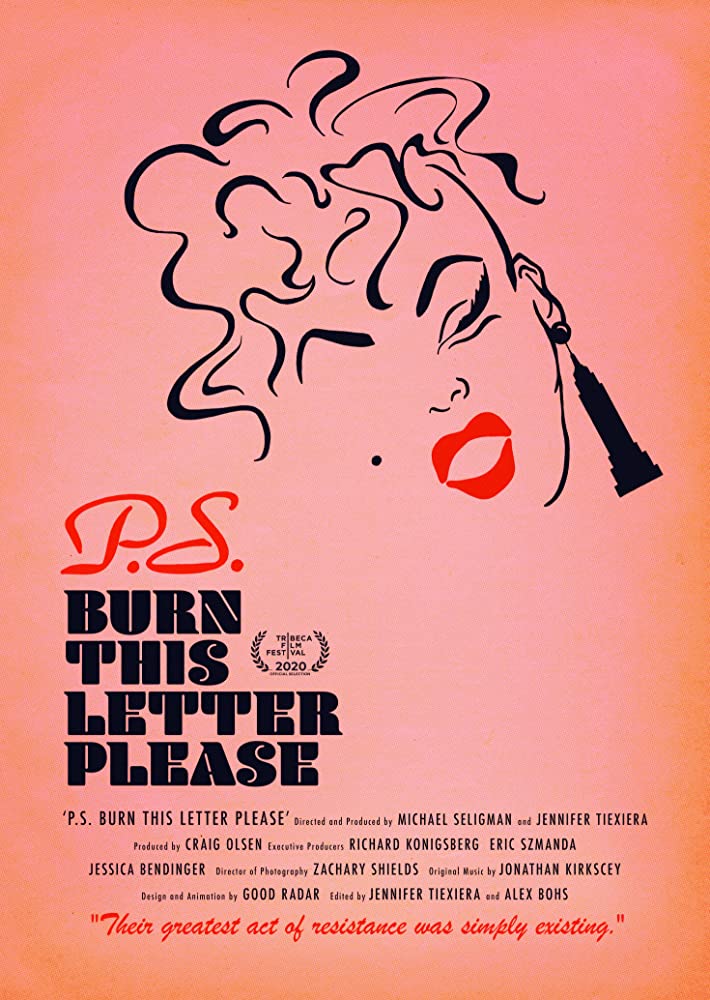 Let us start with a delight of a drag kiki in P.S. Burn This Letter Please, tracing an underground circuit of drag queens, female impersonators and gender illusionists in 1950s pre-Stonewall New York City. Prompted by the discovery of a box of letters all addressed to a mysterious man named Reno -- I won’t spoil the fun, but the recipient has ties to Michelle Pfeiffer! -- who kept them secret, and in doing so has kept alive a part of queer history that is too fabulous to stay hidden away. Through these letters and interviews with some of the surviving queens, directors Jennifer Tiexiera (an excellent editor of works such as Dragonslayer, one of my top documentaries of the decade, and 17 Blocks) and Michael Seligman (a producer on RuPaul’s Drag Race) untangle the insignificant dramas and life-changing moments of Daphne, Adrian, Claudia, Rita George and the rest of the gang.
Let us start with a delight of a drag kiki in P.S. Burn This Letter Please, tracing an underground circuit of drag queens, female impersonators and gender illusionists in 1950s pre-Stonewall New York City. Prompted by the discovery of a box of letters all addressed to a mysterious man named Reno -- I won’t spoil the fun, but the recipient has ties to Michelle Pfeiffer! -- who kept them secret, and in doing so has kept alive a part of queer history that is too fabulous to stay hidden away. Through these letters and interviews with some of the surviving queens, directors Jennifer Tiexiera (an excellent editor of works such as Dragonslayer, one of my top documentaries of the decade, and 17 Blocks) and Michael Seligman (a producer on RuPaul’s Drag Race) untangle the insignificant dramas and life-changing moments of Daphne, Adrian, Claudia, Rita George and the rest of the gang.
Before Paris is Burning and even before The Queen, P.S. Burn This Letter Please offers insight where there has historically been so little. As one talking head explains, this is real gay history in black and white.
And it helps that the subjects are so wonderfully camp and entertaining in front of the camera. Even if it lacks those earlier landmark documentaries’ nostalgic varnish, what it offers is something just as rich. The use of archival footage is simply divine and the voice work put to reciting the letters’ secrets and scandals have the right amount of gossipy flavour as their stories dance through the New York scene, Harlem’s ball culture, off limits airforce bars and tedious office day jobs. A real treat of a discovery.
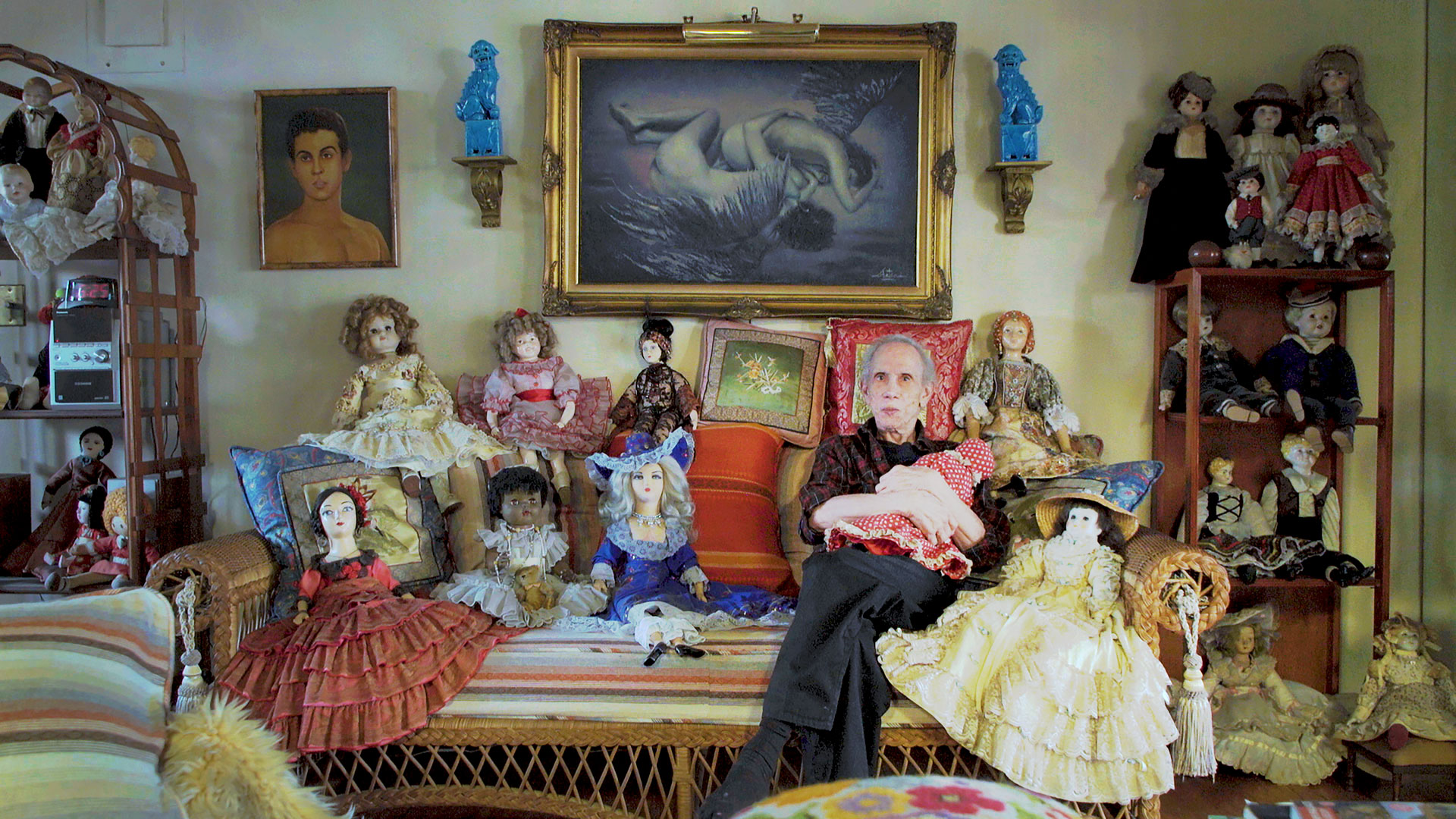
The best of the lot may just be 499, which by mixing time-warping fiction with documentary has allowed director Rodrigo Reyes to inventively capture at a glance at almost five centuries of Mexican history. Made to in its own way commemorate 500 years since the Spanish conquest of the Aztec Empire in what is now Mexico, 499 opens with the image of a Conquistador washing ashore at Veracruz after having fallen off his ship and landing in contemporary Mexico through some sort of curious time distortion. It’s as unexplained as it is creative and allows for Reyes to find remarkable if distressing parallels between 1519 and now.
Reyes is probably best known for Purgatorio: A Journey Into the Heart of the Border, which played festivals in 2013. I have not seen that film, but I admire enough of what I have seen in 499 to seek it out. He has a immediately recognisable strength at crafting vivid imagery that is as equally charming and playful, yet marked by the full weight of a history of violence that has permeated his homeland (as it has most lands). This fusion, pushed forward by the wayward Conquistador becoming a refugee of sorts in the country he came to invade, allows for a deeper sense of trauma to be revealed.
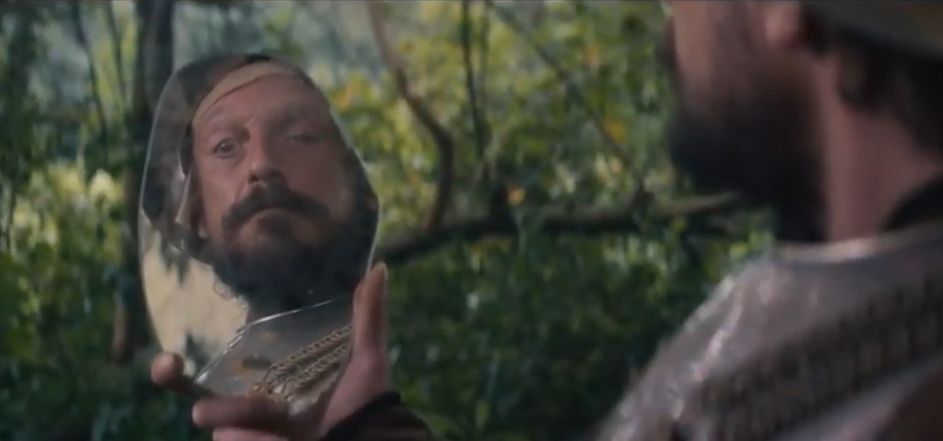
As this Conquistador, dressed in a pomp ensemble that gets more ragged as he goes, navigates his way towards what is now Mexico City, he encounters a variety of Indigenous men and women whose stories are similar and yet wildly different. The murder of an activist or the disappearance of a child become more than just their own individual moments of horror in the lives of those involved, but new shards in a crack that that stretches back through time. 499 is a rich and striking documentary; a significant and unexpected coda suggesting but for the hand of fate we could be any of the displaced souls on this planet.
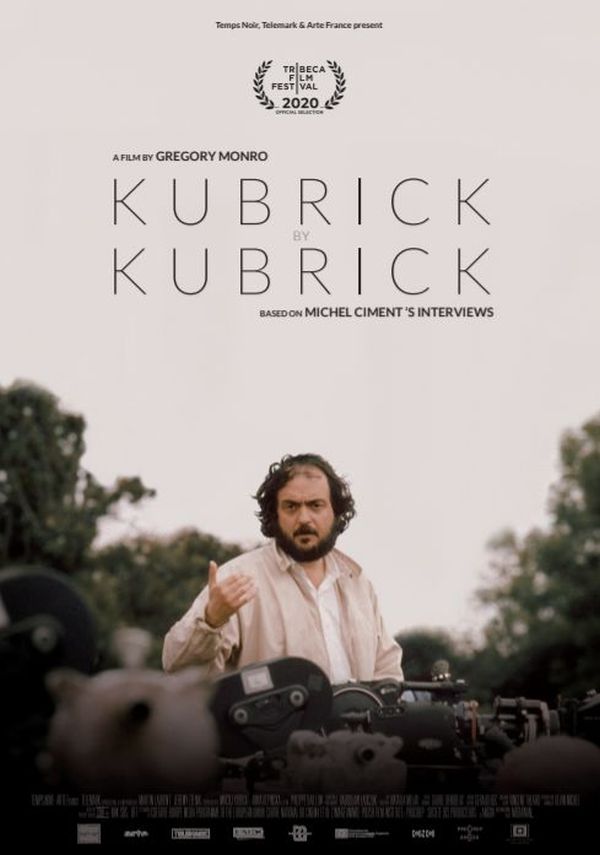 An unfortunate disappointment, however, was Kubrick on Kubrick. A shame, really, as it starts so strong with delightfully rendered miniatures and then the shock of hearing Stanley Kubrick with his crisp American accent. Overlayed with photography, artwork, film clips and news reel, this most rare of cinematic treats is such a curious feast that it’s hard not to be enraptured. But after the first 30 minutes (of a scant 70 minutes), director Gregory Monro can’t keep that enthusiasm going. By its final stretch, his documentary becomes little more than a clip package with an inexplicable Diane Sawyer interview with Tom Cruise and Nicole Kidman as a odorous capper.
An unfortunate disappointment, however, was Kubrick on Kubrick. A shame, really, as it starts so strong with delightfully rendered miniatures and then the shock of hearing Stanley Kubrick with his crisp American accent. Overlayed with photography, artwork, film clips and news reel, this most rare of cinematic treats is such a curious feast that it’s hard not to be enraptured. But after the first 30 minutes (of a scant 70 minutes), director Gregory Monro can’t keep that enthusiasm going. By its final stretch, his documentary becomes little more than a clip package with an inexplicable Diane Sawyer interview with Tom Cruise and Nicole Kidman as a odorous capper.
Perhaps by the very nature of the film, built as it is around tape recorded interviews between Kubrick and French film journalist Michel Ciment, Kubrick on Kubrick doesn’t interrogate anything about how he made his movies, rather merely that he made them at all. I winced seeing Shelley Duvall in early ‘80s promo interviews, for instance, knowing the pain she went through on the set of The Shining. Even then, little is said of Kubrick’s self-banning of A Clockwork Orange, for example. It is ultimately too slight for a subject this extraordinary.
Lastly, another visually striking doc is Wake Up on Mars, a feature-length look at the same debilitating disease that was so alarming in 2019 Best Documentary Short Subject nominee Life Overtakes Me. It’s called “Resignation Syndrome”, where children—typically those in refugee families whose traumatic experiences of war are confounded by the new threat of deportation from their new homes—lay in sleeping comas unable to do anything for themselves but to breath.
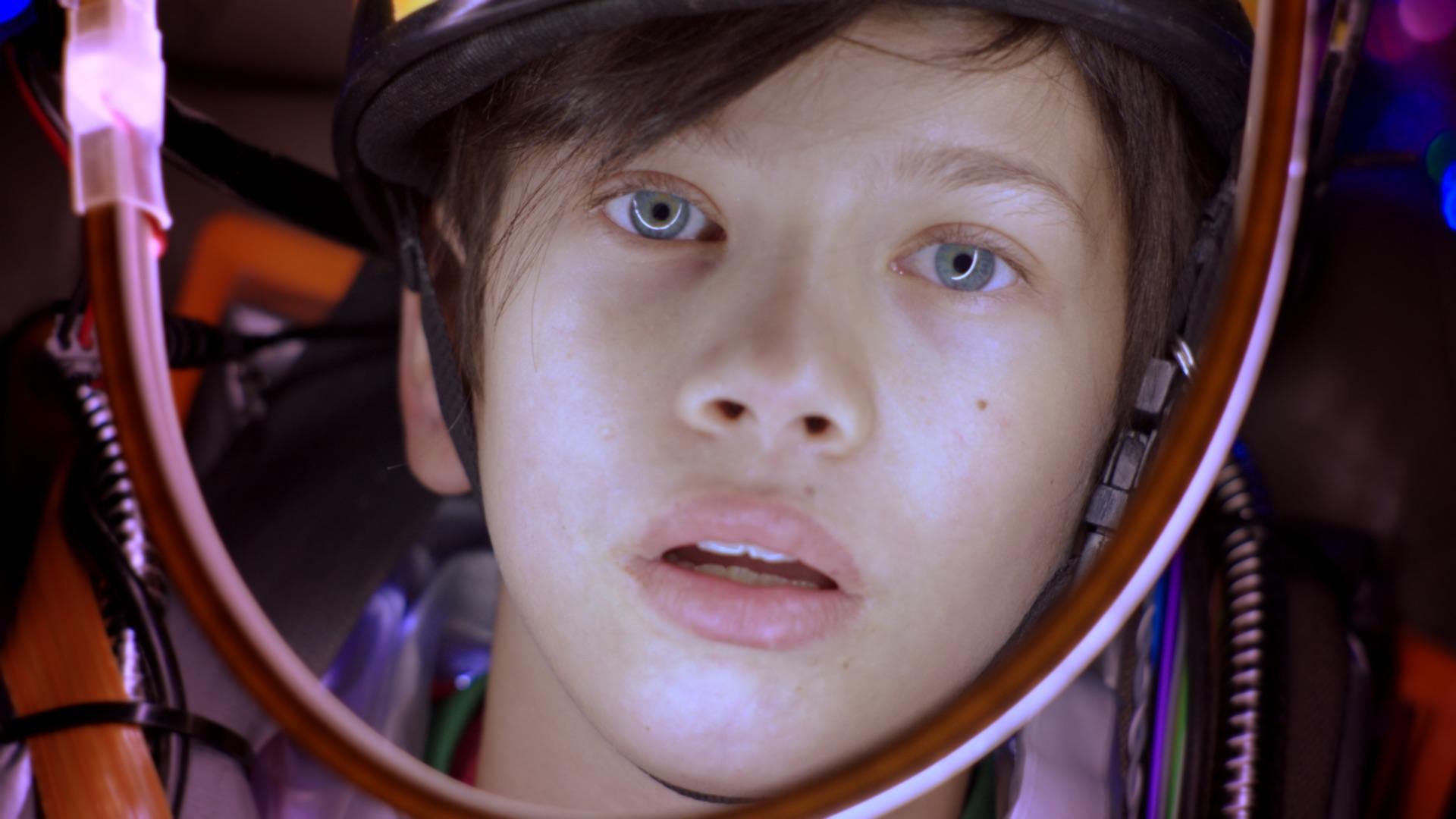
If its dramatic impact is somewhat lessened by its proximity to that early Oscar nominee then it impresses nonetheless especially for its visual language. Blending a chillier hand-held aesthetic whenever focused on the gruelling physical and emotional labour of this refugee family’s parents with more colourful, dreamy camerawork of the hopeful children, it acutely traces the metaphorical rollercoaster of this Kosovan family through images. It isn’t until its final moments that Swiss-Albanian director Dea Gjinovci embraces something more abstract or perhaps even fanciful and I wished it perhaps went there more often, but Wake Up on Mars proves to be a potent and stylish take on this tragic humanitarian crisis.



Reader Comments